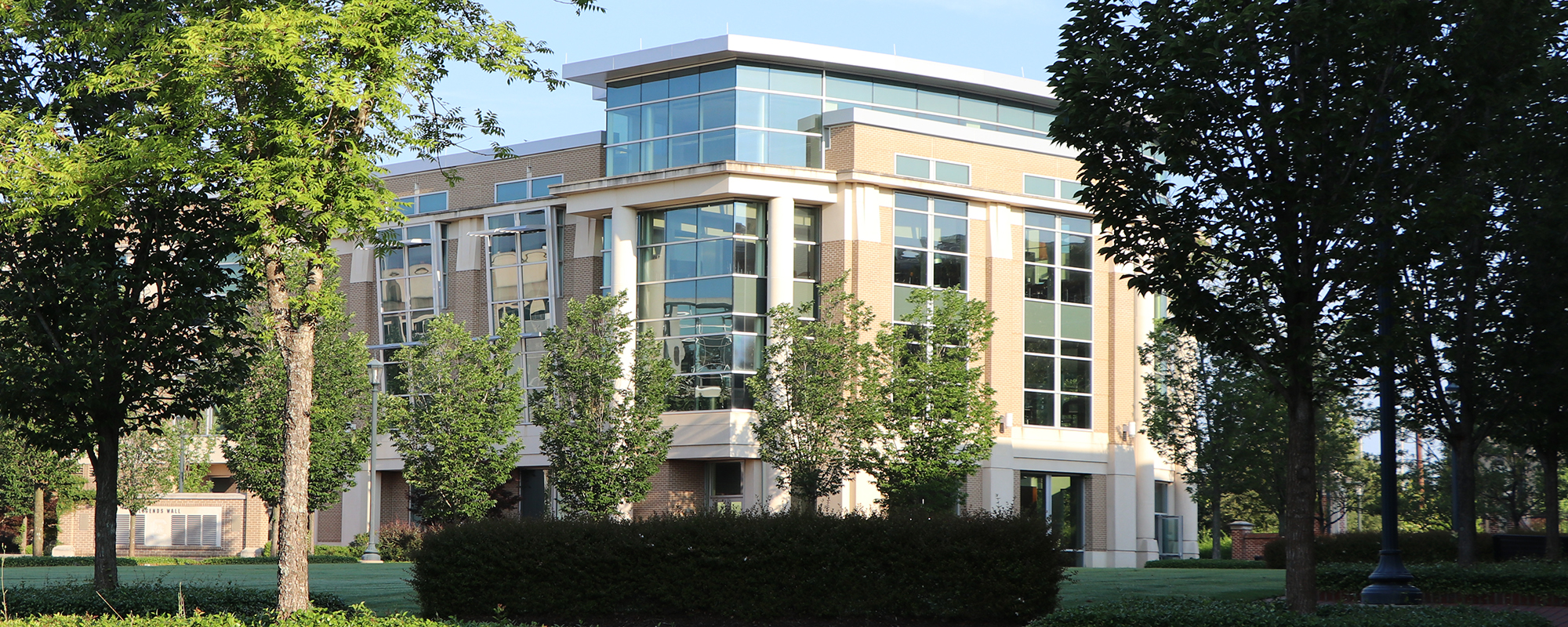Nov. 8, 2005
Fighting Illini Football Stung by Sanctions
School officials claim self-reported rules violation not major
Teddy Greenstein
Chicago Tribune
28 October 2005
INDIANAPOLIS — Illinois officials did not want the NCAA’s sympathy
after the school learned Thursday it had been hit with a “major”
violation for infractions committed by a football booster.
What Illinois wanted was for the self-reported violation to be
considered “secondary,” NCAA parlance for a misdemeanor as opposed to a
felony.
But Illinois, which received one year of probation, had to settle for
compassion from Gene Marsh, a law professor at the University of
Alabama and the chair of the NCAA’s Division I Committee on Infractions.
Even before announcing the penalties, Marsh told reporters: “I want to
put this case in perspective. It involves only one booster and one
student-athlete in a program where the chancellor, the athletic
director and others have a strong commitment to rules compliance.”
Still, a stain was left on the Illinois athletic department, and it’s
all because of a booster who provided inducements and extra benefits
totaling $2,348 to a former Illini football player.
That player, according to sources, is tailback Marcus Mason, whom coach
Ron Zook dismissed from the team in August citing a violation of team
rules that included legal trouble.
Mason transferred to Division I-AA Youngstown State, where he rushed
for 203 yards Saturday in a victory over Missouri State. Mason declined to
comment Thursday through athletic department spokesman Trevor Parks.
Mason played in seven games in 2004 as a backup to E.B. Halsey and
Pierre Thomas after serving a three-game suspension for another
violation of team rules. That violation, it turned out, led to
Illinois’ first NCAA penalties since the Deon Thomas case of the early 1990s, which resulted in a loss of scholarships and a one-year banishment from the NCAA basketball tournament.
The NCAA said that from April 2003 to January 2004, the booster gave
Mason “impermissible lodging and transportation, impermissible use of a
vehicle and pay for work not performed.”
Illinois’ compliance staff began the investigation after a routine
audit found that Mason had supplied false information about the car he was
driving, claiming it had been purchased by his parents.
Then the booster, a university donor whom Illinois officials declined
to name, misled school officials with his testimony. The booster, who did
not attend Illinois, has been barred from the school for three years.
The violation occurred during Ron Turner’s final season as head coach,
but both Illinois and the NCAA insisted that Turner was not to blame.
“No staff members were involved in the violation,” Marsh said. “The
school did everything about as right as it could in this case.”
Yet the NCAA hit Illinois with a major penalty, Marsh said, because the
violations were “not isolated or inadvertent.”
The sum of money-more than $2,000-and the fact that the violations
occurred over a nine-month period also hurt the school, which was said
to have gained a recruiting advantage because of the inducements.
Marsh emphasized that a major violation normally carries a minimum
penalty of two years’ probation. Illinois was given a single year.
But after Marsh denied Illinois’ appeal to classify the infraction as a
secondary violation, athletic director Ron Guenther did not hide his
disappointment, saying in a statement:
“I disagree with the NCAA’s decision to rule this violation as major.
We discovered [the incident], we investigated and we acted strongly and
decisively with the parties involved.
“This is a perfect example of how a student-athlete in need can form a
relationship with an individual outside our control and without our
knowledge, and then accept benefits he should not have accepted.
“The institution, from start to finish, did everything possible to
prevent this type of situation. We hope the university and community
can use this as an educational opportunity about the problems that can
arise by not following the rules.”
The major violation also subjects Illinois to more scrutiny for the
next five years. The program would be subject to far greater penalties if
another NCAA violation occurs in that time.
“It raises the stakes, there’s no doubt about that,” Marsh said.
“But there are no automatic penalties. We always look at facts and
specifics.”
In this case, Mason managed to continue his football career, albeit at
a Division I-AA school, with little penalty. Meanwhile Illini officials
and Turner, now the Bears’ offensive coordinator, had to face questions
about their integrity.
At Halas Hall, the Bears’ media relations department attempted to keep
Turner off limits to the media Thursday. But after being approached by
a reporter as he walked off the practice field, Turner said, “I really
don’t know anything about it.”
Turner later released a statement saying: “The integrity of our
football program was always a priority during my tenure at Illinois … When we discovered that an outside individual violated (NCAA) rules with one of our athletes, we immediately began an internal investigation.”
During its probation period, the university has to develop and
implement a comprehensive system to track the expenses of its incoming
student-athletes.












